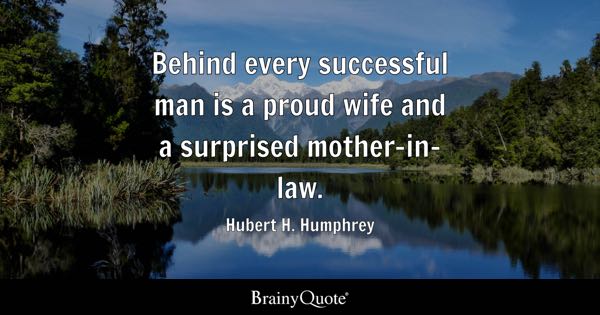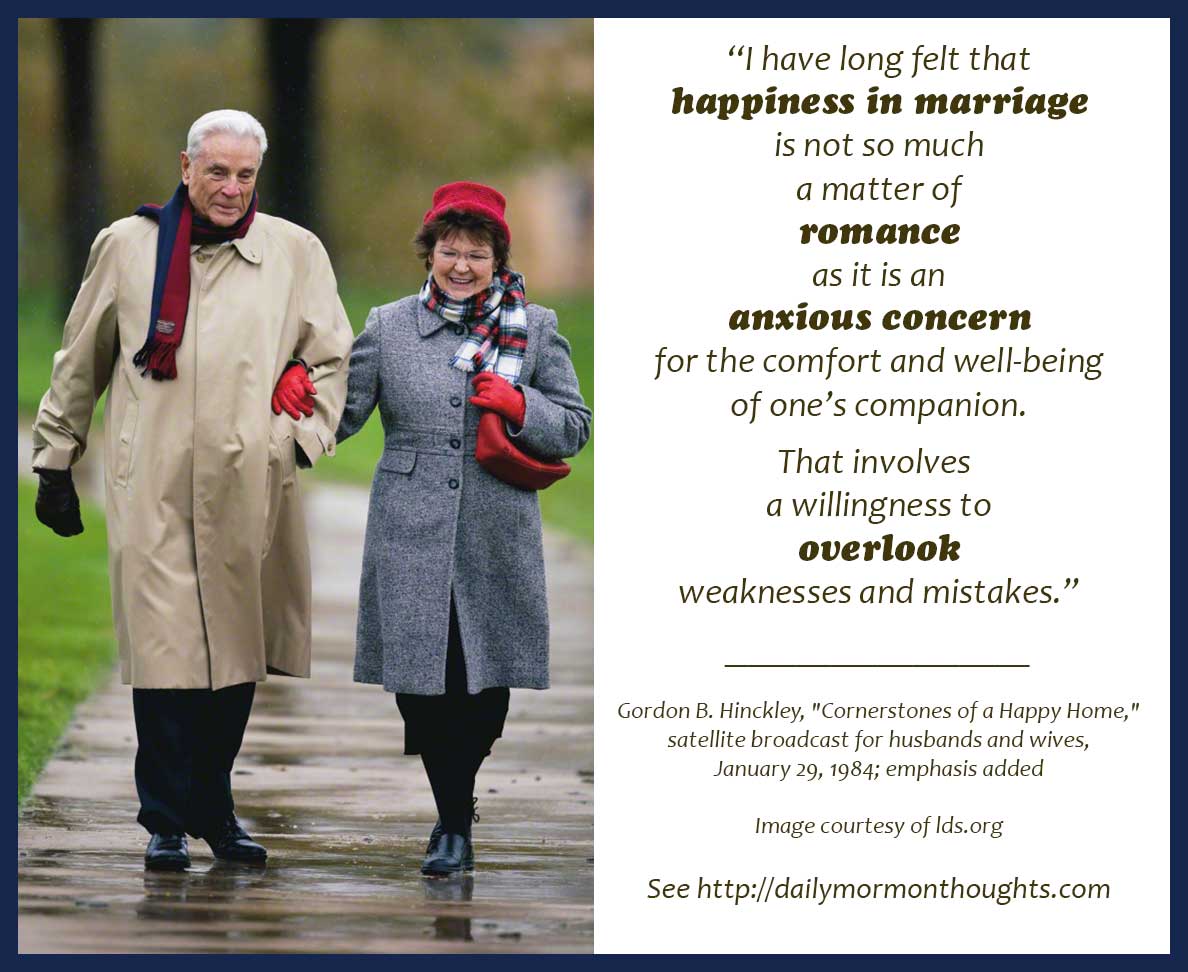I am familiar with the use of couple and family councils. Before each family home evening (Monday nights) we have a brief unofficial family council where we coordinate family events and discuss or resolve any issues. Sometimes we have to call an official family council where we discuss things of a more serious nature. Some of these times have been when we have moved, when we decided to adopt and when we had some financial problems. Each of these events were preceded by a couple council. During the couple council we had discussed and decided what was best for us. We then present our decision to the family and ask them how they feel about it and if they have any suggestions or ideas for us. Everyone is allowed to express their feelings but never to yell or injure another person. In family councils the parents (us) have the final say in any decision.

The Church of Jesus Christ of Latter-Day Saints the presiding council is the First Presidency and next in Church authority and as a council is the Quorum of the Twelve Apostles. We, as a church, rely on councils for solidarity and support. In M. Russel Ballards book on councils he quotes President Stephen L Richards, who said in 1953:
"I don't know that it is possible for any organization to succeed in the Church ...without adopting the genius of our Church government. What is that? As I conceive it, the genius of our Church government is government through councils. The Council of the Presidency, the Council of the Twelve, the Council of the Stake Presidency, or quorum, if you choose to use that word, the Council of the Bishopric, and the quorum [or] Council of the Quorum Presidency. I have had enough experience to know the value of councils. Hardly a day passes but that I see the wisdom, God's wisdom, in creating councils ... to govern his Kingdom. In the spirit under which we labor, men can get together with seemingly divergent views and far different backgrounds, and under the operation of that spirit, by counseling together, they can arrive at an accord, and that accord ... represents the wisdom of the council, acting under the Spirit." (In Conference Report, Oct. 1953, 86; emphasis in original)
He addresses things we strive to do in couple council, such as, coming together even when we have divergent views and backgrounds. Arriving at an agreement all the time acting under the Spirit. When we have the Spirit during a council we will not be tempted to raise our voices, get angry or force our will on another. If those things do happen during a council the Spirit will be forced to leave.
When having our own couple councils we can use the format that Elder Ballard suggest the Church councils follow. Of course we adjust it to our needs. The brethren meet each week in Salt Lake City and their council follows this format also. We don't necessarily need to be so formal as having an agenda but we can meet at an appointed time and address at the beginning what we would like to discuss. Express love and concern for each person. We should then officially begin with a prayer. One of us then initiates discussion of the problem or the current status of the decisions. Then open it up for an orderly discussion where each person, one at a time, can add their comments in turn. We keep focused on the discussion until consensus is reached. Then move forward in unity. We can end with having a snack or some other unifying tradition.
I have seen this format work in my marriage when we have important decisions to make as a couple. Many times it is preceded by fasting and prayer. When we were contemplating adopting 2 of our children we did this more than one time. We came to the conclusion as a couple that this was the right thing to do and brought our decision to our children in a family council. We allowed them to express their feelings and asked them whether they were for or against this decision. It would only work if there was an overall consensus since it affected all of them. Everyone was in agreement that these 2 children were meant to be with us. Councils have given our family strength and support just as they do for the Church.
 When we get married we marry into a new family with new traditions and new ways of doing things. Sometimes our new in-laws can be demanding and unbending. Sometimes we are the ones who are difficult and stubbornly hold to the traditions and customs of our family of origin. For building a successful and happy marriage we must learn to love our new family. Understand that they are the ones who gave birth to and raised the one you now have vowed to love for all eternity. We should cleave to our spouse being supportive and faithful and we begin our own family traditions. But we do not need to forget our parents.
When we get married we marry into a new family with new traditions and new ways of doing things. Sometimes our new in-laws can be demanding and unbending. Sometimes we are the ones who are difficult and stubbornly hold to the traditions and customs of our family of origin. For building a successful and happy marriage we must learn to love our new family. Understand that they are the ones who gave birth to and raised the one you now have vowed to love for all eternity. We should cleave to our spouse being supportive and faithful and we begin our own family traditions. But we do not need to forget our parents.




